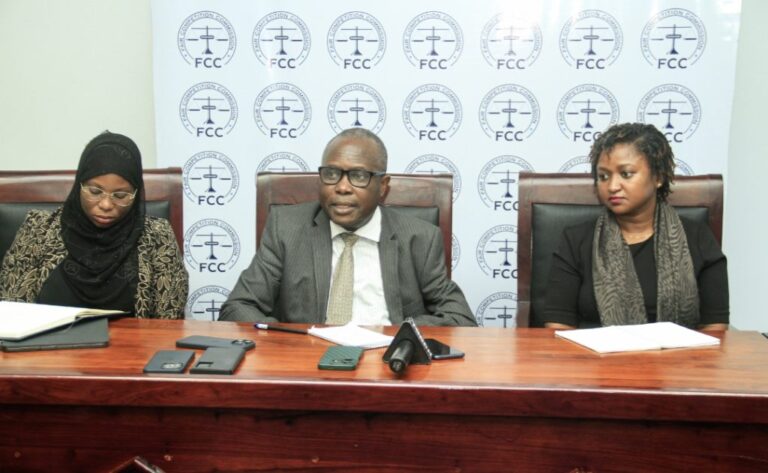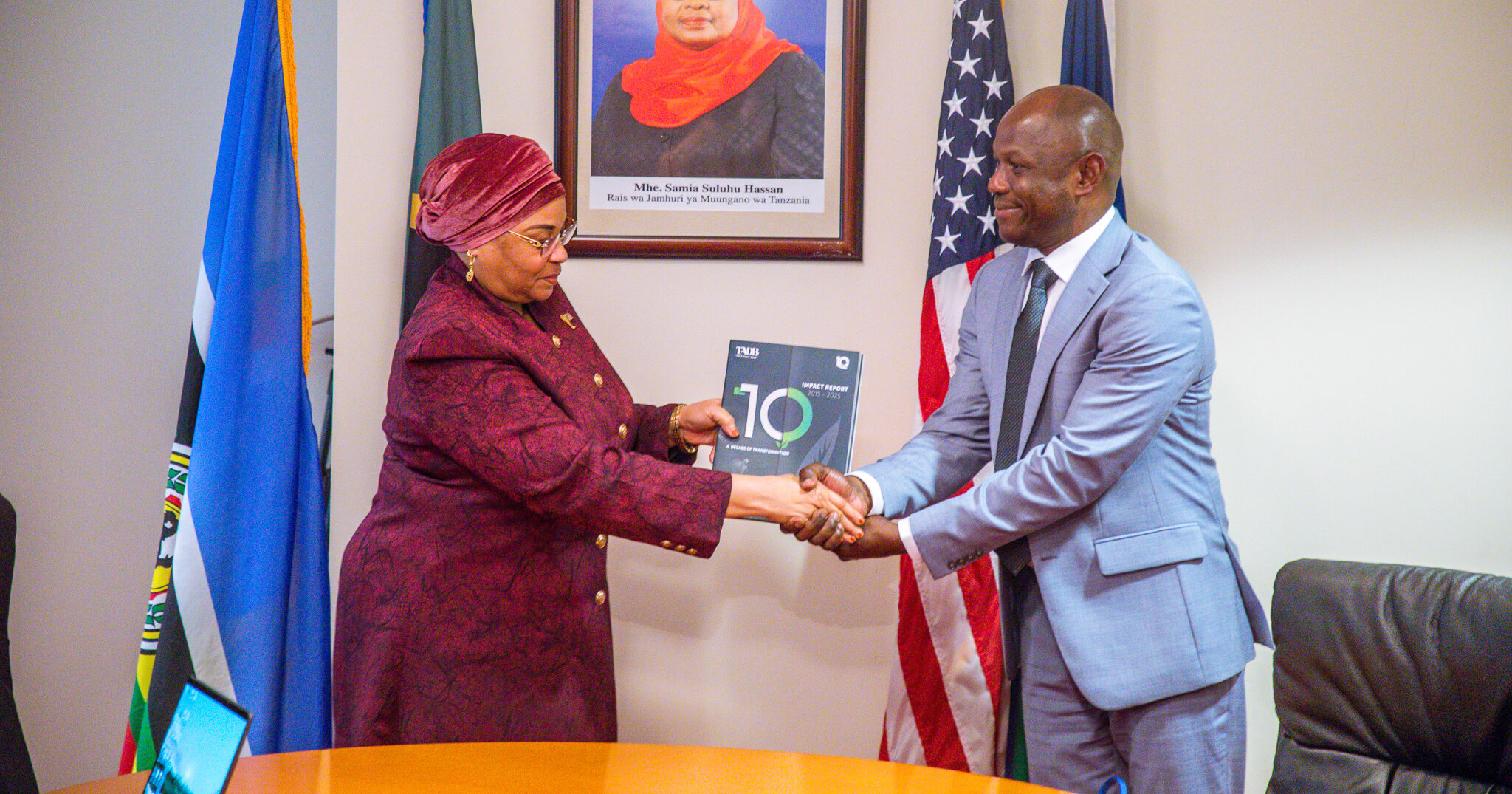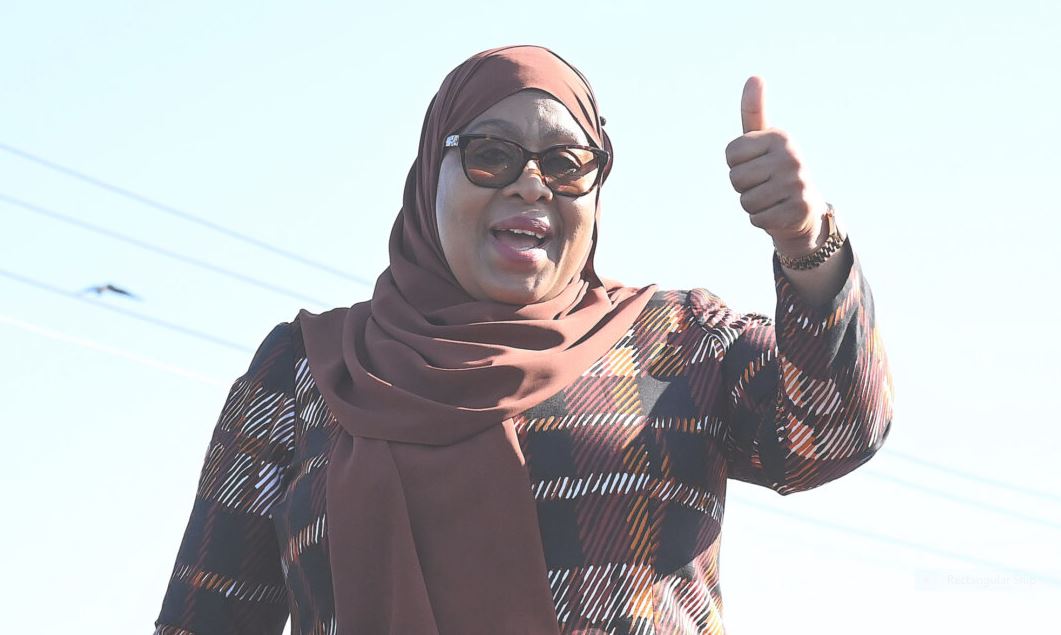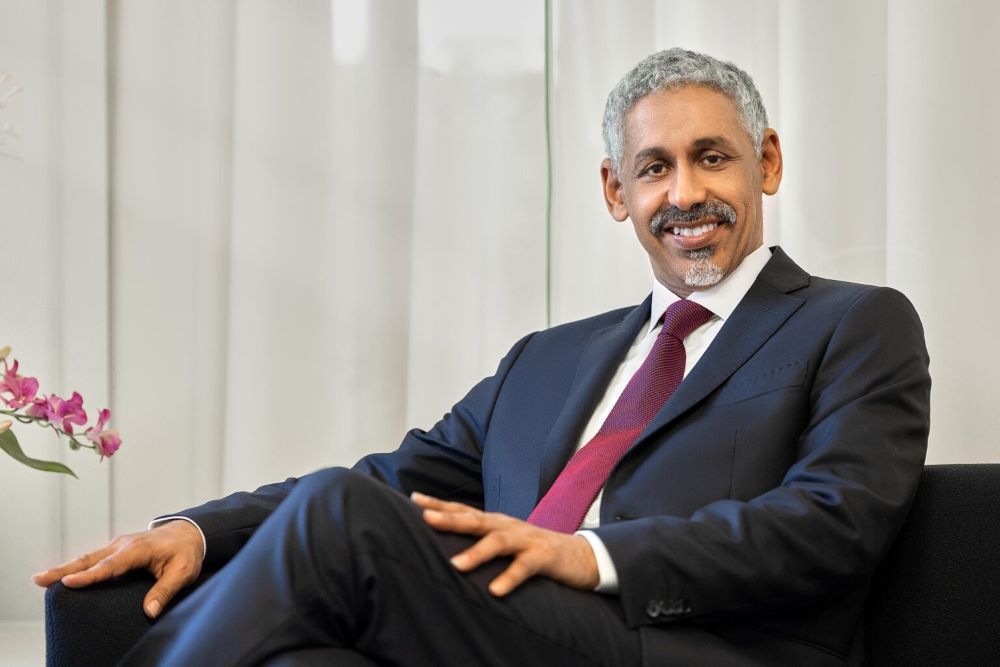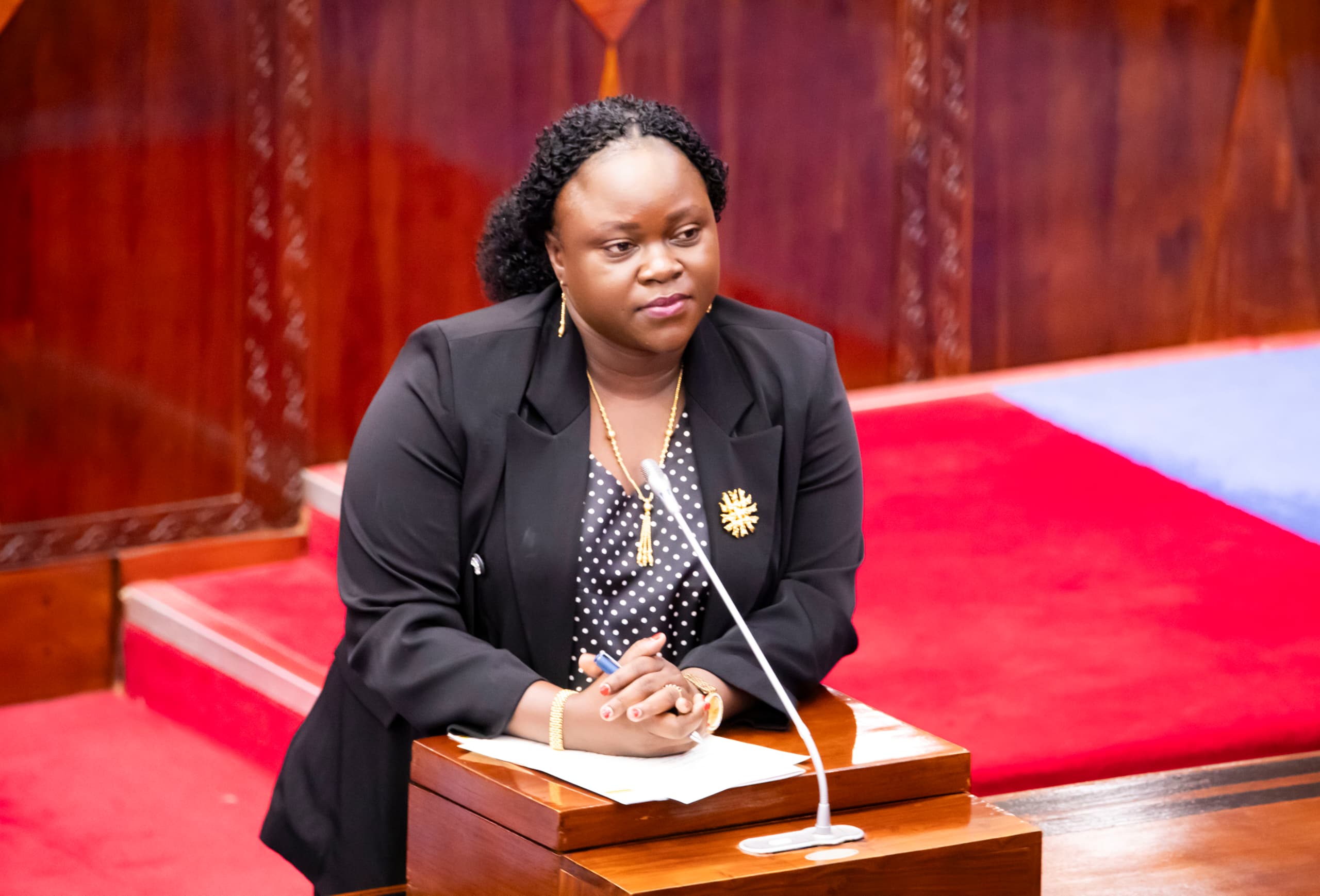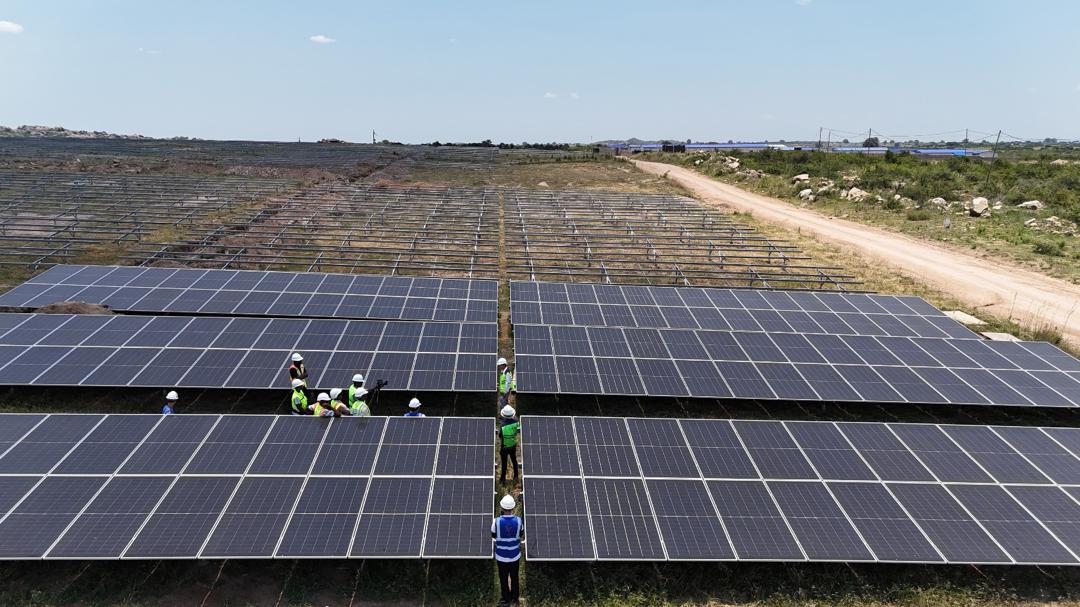Dar es Salaam. The Fair Competition Commission (FCC) has taken a major step in its digital transformation agenda, thanks to a $600,000 grant from TradeMark Africa (TMA), aimed at modernising internal operations and enhancing institutional efficiency.
The funding, which forms part of TMA’s broader commitment to strengthening trade institutions across Africa through technological innovation, will finance the automation of FCC’s systems, making the commission more responsive and effective in executing its mandate.
Speaking during a strategic meeting held in Dar es Salaam on May 22, 2025, TMA Country Director’s representative, Ms Lilian Masalu, underscored the organisation’s belief in technology as a catalyst for trade facilitation and economic competitiveness.
“Our goal is to make doing business easier,” she said. “When institutions such as FCC go digital, decision-making becomes faster and transparency increases. We began with a thorough study, selected a contractor through a competitive process, and are now ready to support full implementation.”
FCC has officially engaged local tech firm ICTPACK as the contractor for the project. The firm will oversee the digitisation process, which is expected to span two years — the first focused on systems development and the second on staff training and knowledge transfer.
Although the formal implementation contract is yet to be signed, FCC Director General William Erio revealed that more than 75 percent of preliminary preparations are already complete. He emphasised the importance of embracing digital solutions to keep pace with the rapidly evolving technological landscape.
“Technology is changing fast. If we don’t transform now, we risk being left behind,” Mr Erio said. “This is a critical project for our institutional growth, and we are committed to working closely with ICTPACK to ensure both speed and quality in its delivery.”
Project Manager at ICTPACK, Mr Renatus Ng’homi, presented an inception report detailing the initial milestones, resource utilisation, and management plan. He reiterated the firm’s readiness to commence the assignment in collaboration with FCC’s ICT department.
TMA has also established a dedicated technical support team to work alongside FCC throughout the project cycle, ensuring shared oversight and continuous training. According to Ms Masalu, the support goes beyond digital infrastructure.
“This project is not just about technology,” she said. “It is about building strong, credible institutions that foster fair competition and a business-friendly environment.”
The investment from TMA also offers fiscal relief to the government, as it redirects public resources to other national priorities. The FCC’s transition to a digital model is expected to streamline operations such as case handling, licensing, and stakeholder engagement — enhancing service delivery and transparency.
The move aligns with broader efforts by the Tanzanian government to modernise public service delivery through digital means, in line with the National ICT Policy and Digital Tanzania initiative. By adopting advanced digital platforms, FCC positions itself among the frontrunners in public sector reform and reinforces its role in promoting a fair and competitive market environment.
TMA, which is funded by a range of development partners including the UK’s Foreign, Commonwealth & Development Office (FCDO), the European Union, and the Bill & Melinda Gates Foundation, has in recent years supported numerous digital and trade facilitation projects across East Africa — including port modernisation, customs system upgrades, and standards harmonisation.
FCC’s new digital journey is expected to set a precedent for other regulatory bodies and reinforce confidence in Tanzania’s investment climate.

